U.S. states to hold crucial votes
The Democratic and Republican U.S. presidential nominations could be settled as 4 states vote in a major round of primaries.
Tuesday, 04.03.2008.
10:15

The Democratic and Republican U.S. presidential nominations could be settled as 4 states vote in a major round of primaries. The main focus is on the polls in Ohio and Texas but votes are also taking place in Rhode Island and Vermont. U.S. states to hold crucial votes Democratic front-runner Barack Obama has said rival Hillary Clinton may have to quit if he wins in Texas and Ohio, but she has vowed to stay the course. John McCain could be confirmed as the Republican candidate in the polls. The Arizona senator is expected to beat his rival Mike Huckabee in the four states. Gaining ground Victory could secure him enough of the 256 delegates at stake to clinch his party's nomination at its national convention in September. He currently has 1,014 delegates, according to the Associated Press news agency, while Huckabee has 257. A total of 1,191 delegates is needed to claim the nomination. For the Democrats, opinion polls suggest Obama has a narrow lead over Clinton in Texas, but that she is clinging on to her modest lead in Ohio. Clinton held an early lead in the two states, although Obama has been gaining ground in both states. The former first lady has played down suggestions that Tuesday's results could prove a make-or-break moment. "I think I know what's happening and I believe I'm going to do very well tomorrow," she told reporters on Monday. Her last win in a primary or a caucus was during the nationwide Super Tuesday contests on February 5, since when Obama has been on an 11-contest winning spree. The BBC in Washington says that if the New York senator cannot end her losing streak, senior party figures may dare to ask - in public or in private - if she should continue. New Mexico's Democratic Governor Bill Richardson, an influential voice who used to be in the race himself, has suggested that whoever has the most delegates after Tuesday's votes should be party nominee. On the eve of the poll, Clinton visited Ohio before heading to Texas, where Obama has also campaigned hard. The BBC in Ohio says the economy is a main concern in that state, where unemployment and home repossession rates are above the national average. Leaked memo During weekend rallies in Ohio, Clinton focused her attacks on Obama's foreign policy and national security experience, echoing a campaign advert asking who would respond better to a national emergency in the middle of the night. Obama, senator for Illinois, countered by questioning Clinton's own credentials. For the Democrats, a total of 370 delegates is at stake in Tuesday's four races, most of them in Texas and Ohio. Obama currently has 1,385 delegates to Clinton's 1,276, according to AP. A total of 2,025 is needed to secure the Democratic Party's nomination at its national convention in August. Meanwhile, Obama denied on Monday that his campaign had privately assured Canada his criticism of the North American Free Trade Agreement (Nafta), widely opposed in economically depressed Ohio, was just for political show. A leaked memo suggested Obama's senior economic adviser, Austan Goolsbee, had given Canadian officials the impression that Obama's criticism over the U.S. free trade deal with Canada was "political positioning". The dispute led Canadian Prime Minister Stephen Harper to assure parliament that the memo leak was not an attempt to scupper Obama's chances or to favor McCain, who strongly backs Nafta.
U.S. states to hold crucial votes
Democratic front-runner Barack Obama has said rival Hillary Clinton may have to quit if he wins in Texas and Ohio, but she has vowed to stay the course.John McCain could be confirmed as the Republican candidate in the polls.
The Arizona senator is expected to beat his rival Mike Huckabee in the four states.
Gaining ground
Victory could secure him enough of the 256 delegates at stake to clinch his party's nomination at its national convention in September.He currently has 1,014 delegates, according to the Associated Press news agency, while Huckabee has 257. A total of 1,191 delegates is needed to claim the nomination.
For the Democrats, opinion polls suggest Obama has a narrow lead over Clinton in Texas, but that she is clinging on to her modest lead in Ohio.
Clinton held an early lead in the two states, although Obama has been gaining ground in both states.
The former first lady has played down suggestions that Tuesday's results could prove a make-or-break moment.
"I think I know what's happening and I believe I'm going to do very well tomorrow," she told reporters on Monday.
Her last win in a primary or a caucus was during the nationwide Super Tuesday contests on February 5, since when Obama has been on an 11-contest winning spree.
The BBC in Washington says that if the New York senator cannot end her losing streak, senior party figures may dare to ask - in public or in private - if she should continue.
New Mexico's Democratic Governor Bill Richardson, an influential voice who used to be in the race himself, has suggested that whoever has the most delegates after Tuesday's votes should be party nominee.
On the eve of the poll, Clinton visited Ohio before heading to Texas, where Obama has also campaigned hard.
The BBC in Ohio says the economy is a main concern in that state, where unemployment and home repossession rates are above the national average.
Leaked memo
During weekend rallies in Ohio, Clinton focused her attacks on Obama's foreign policy and national security experience, echoing a campaign advert asking who would respond better to a national emergency in the middle of the night.Obama, senator for Illinois, countered by questioning Clinton's own credentials.
For the Democrats, a total of 370 delegates is at stake in Tuesday's four races, most of them in Texas and Ohio.
Obama currently has 1,385 delegates to Clinton's 1,276, according to AP. A total of 2,025 is needed to secure the Democratic Party's nomination at its national convention in August.
Meanwhile, Obama denied on Monday that his campaign had privately assured Canada his criticism of the North American Free Trade Agreement (Nafta), widely opposed in economically depressed Ohio, was just for political show.
A leaked memo suggested Obama's senior economic adviser, Austan Goolsbee, had given Canadian officials the impression that Obama's criticism over the U.S. free trade deal with Canada was "political positioning".
The dispute led Canadian Prime Minister Stephen Harper to assure parliament that the memo leak was not an attempt to scupper Obama's chances or to favor McCain, who strongly backs Nafta.



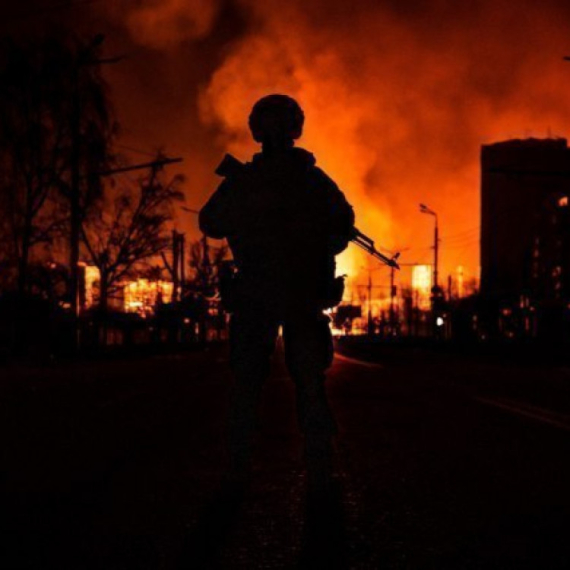

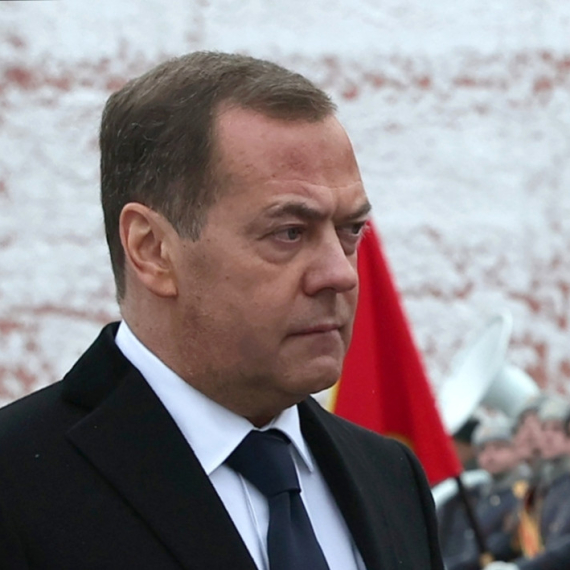





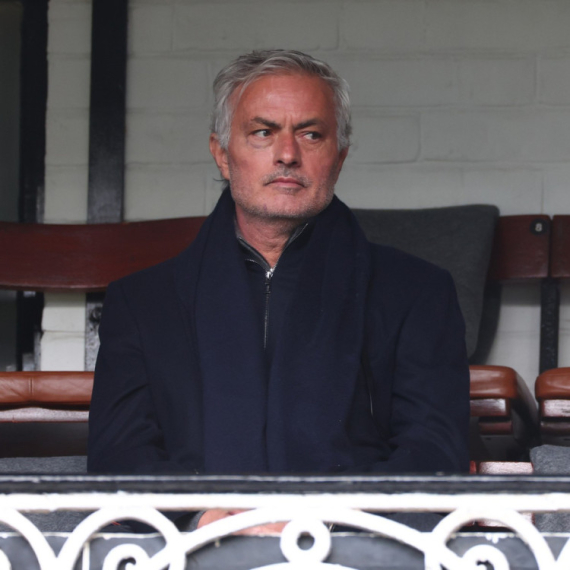



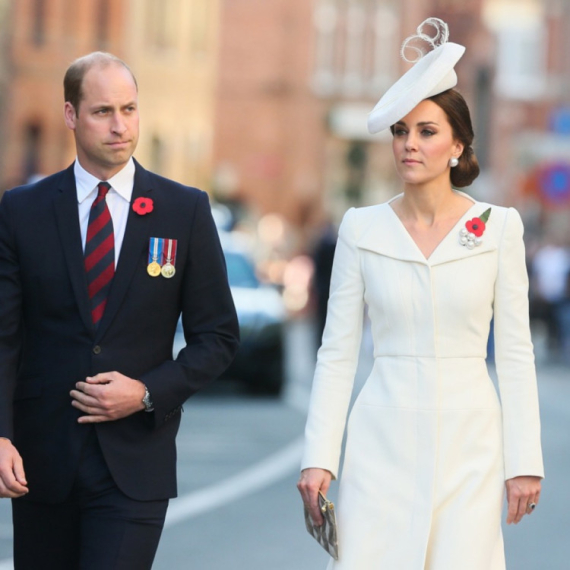



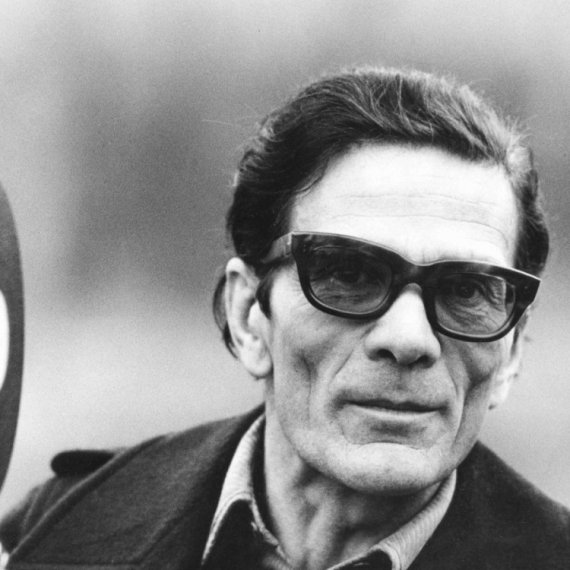




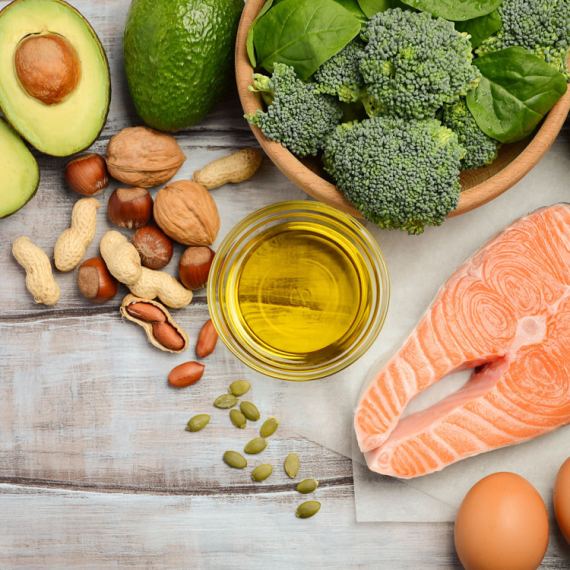













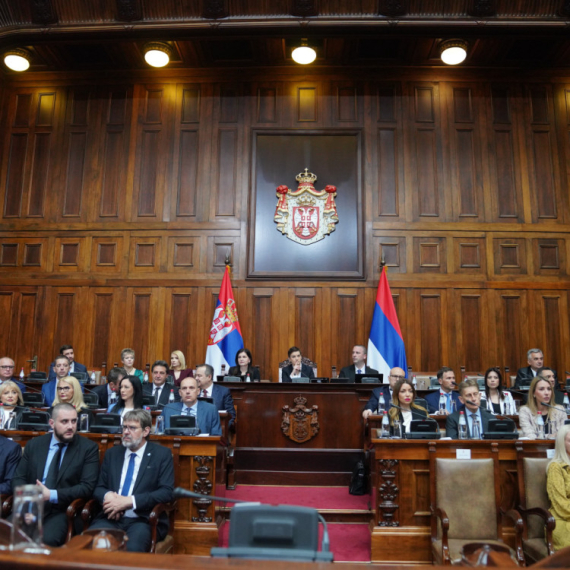


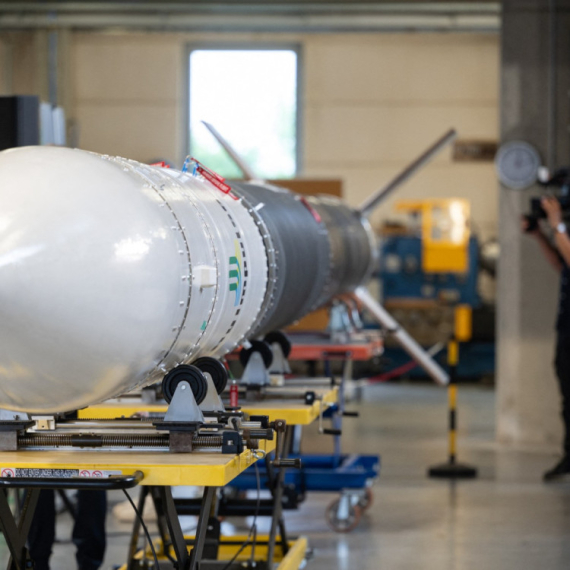








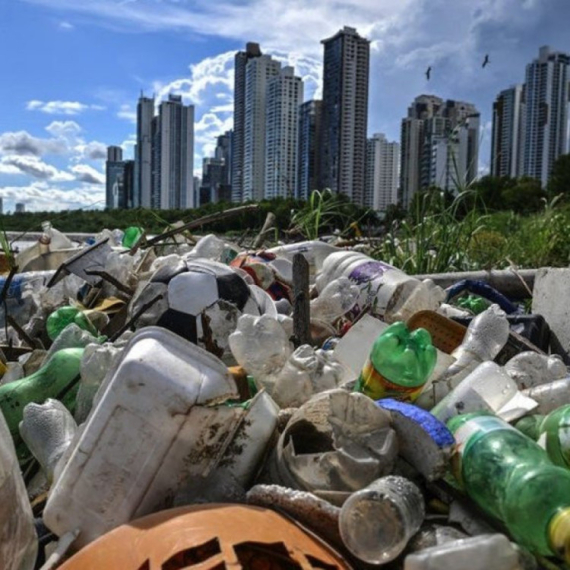





Komentari 0